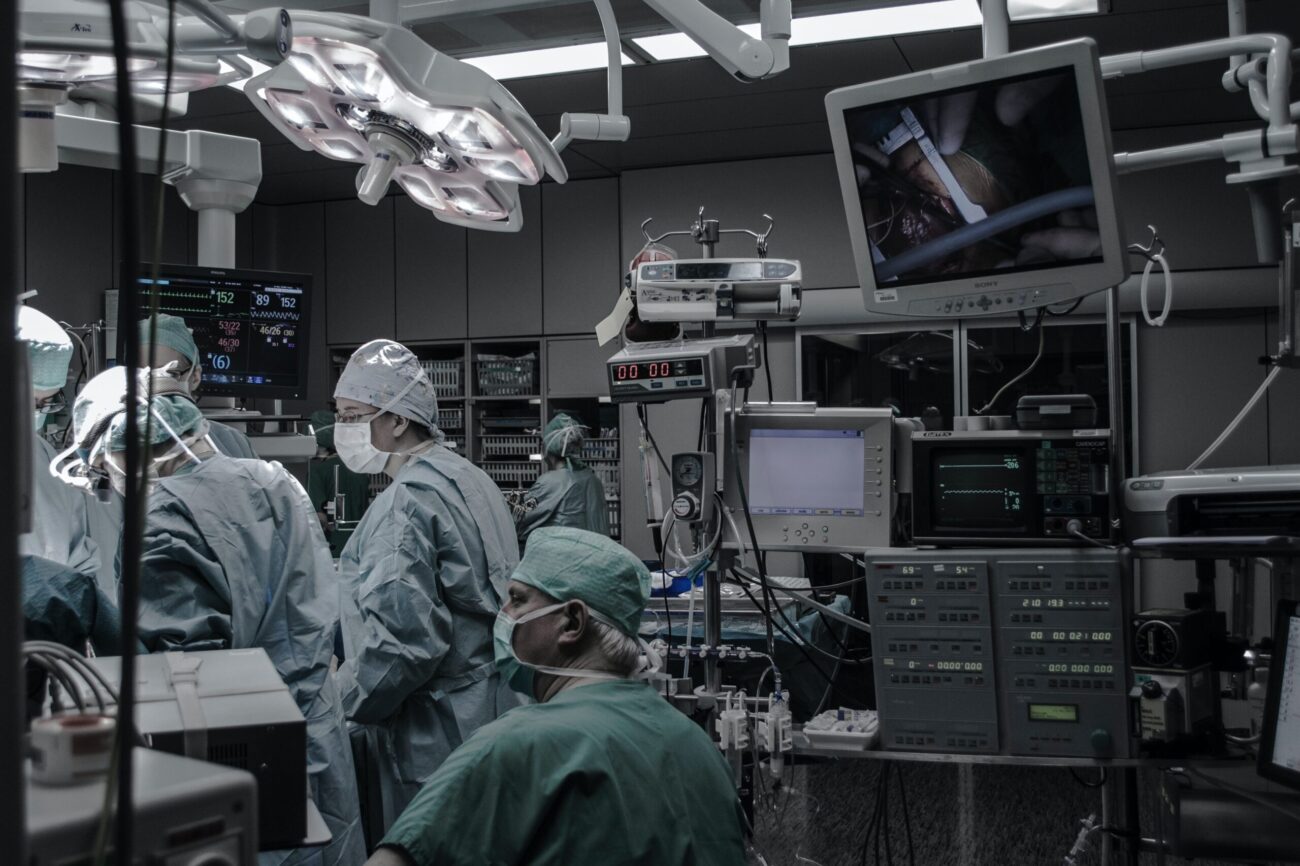Millions of Americans, an estimated 15-20% of the working force, work the night shift.
Can working at night negatively impact your health and increase your risk of developing cancer? In a word, yes.
In fact, the International Agency for Research on Cancer has classified night work as a category 2A (probable carcinogen) and with good reason.
What Happens When You’re Awake All Night?
Researchers from Washington State University have discovered clues as to why night shift workers have an increased risk of cancer, and it has to do with your body’s built-in clocks.
You’ve heard of the proverbial biological clock that sounds a quiet alarm to many women who know instinctively that their opportunity to bear children may be winding down. And you depend upon your brain’s internal clock that often wakes you up at a certain time of day… but did you know that most of the cells in your body have their own internal clocks, too?
These cellular clocks have the amazing ability to affect our genetic structure, for better or worse. And we might want to learn how to take care of them.
Research suggests that working the night shift not only disrupts our natural circadian rhythm, but also damages our DNA. How? The repair mechanisms in the body’s DNA are disrupted due to unnatural daily rhythm. It’s like having a car whose spark plugs are not timed correctly or are misfiring. You won’t get very far.
Clock Genes
It’s not nice to mess with Mother Nature, the old saying goes. And in this case, they’re right. Circadian clock genes play a larger than expected role in the development of cancer.
Just as cogwheels of a mechanical watch interact with each other, genes are activated by the regulation of the last one in a sequence. This auto-regulated cycle takes approximately 24 hours to complete.
And while it’s much more complicated than meets the eye, certain stimuli such as light can stimulate cellular changes, resulting in the disruption of signaling pathways that affect biochemical organization.
Decreased Levels of Vitamin D
Another problem with working night shifts is the lack of adequate daily sunlight. Dr. Jack Kruse, neurosurgeon, used to work nights in a hospital, under fluorescent lights in surgery, but gave that up when he connected the dots and realized the dangers of this ongoing unnatural environment. He now spends his time trying to educate others of the necessity of getting out in the sun daily – minus harmful commercial sunscreens – and getting the necessary UVB light exposure that is freely available via sunlight.
He warns that a lack of UVB light exposure is inversely correlated with 24 different types of cancer – the most serious of which is melanoma, a common and often deadly skin cancer.
Vitamin D, produced by the body through exposure to sunshine, works by controlling vital calcium and phosphate levels, making it one of the best tools in your arsenal for preventing cancer and other diseases.
How Can You Mitigate Damage to Your Body from Working Night Shifts?
Ask anyone who works the night shift during the week and listen to how difficult it is to feel rested when trying to normalize their sleep routine on weekends. Resetting your body’s natural cellular clocks is possible at the rate of about 1-2 hours a day, resulting in almost a week to adapt to a pattern reversal.
It’s by utilizing natural stimuli that we can assist our body in harnessing what it needs to both increase immunity and defeat disease.
- Increase your intake of Vitamin D. It is your body’s own immune system that is one of your best defenses against cancer, and one of the best ways to nurture it is to increase your levels of Vitamin D. Read more: Vitamin D: The Sunshine Hormone That Fights Cancer.
- Take melatonin. Low levels of melatonin are implicated in melanoma, breast and prostate cancer, among other cancers. Learn more: Trouble Sleeping? by Ann Louise Gittleman, Ph.D CNS.
- Spend a minimum of 20 minutes in the sun daily. Aim for enough sun exposure to turn your skin a light shade of pink, which allows your body to produce about 20,000 units of vitamin D. Longer exposures don’t necessarily produce any additional vitamin D. If you’re not in a latitude zone that allows for this, you may need vitamin D supplements (the farther away from the equator, the greater your cancer risk). You can check your vitamin D levels with a simple blood test. If you have cancer, you will want to score 60-80 ng/mL on this test.
- Opt for daytime shifts. If you must work night shifts, don’t make it your lifetime career. Studies show that white blood cells (isolated from the blood of night shift participants) displayed more evidence of DNA damage than those of day shift study participants.

References:
Washington State University, “Insights on how night shift work increases cancer risk,” ScienceDaily (March 8, 2021).
S.C. Bala, K.I. Koritala, O.A. Porter, et al., “Night shift schedule causes circadian dysregulation of DNA repair genes and elevated DNA damage in humans” Journal of Pineal Research (2021); doi: 10.1111/jpi.12726.
Michael Hastings “The brain, circadian rhythms, and clock genes,” British Medical Journal (Dec 19, 1998); 317(7174): 1704–1707.
Dr. Jack Kruse, “Light and Cancer,” https://www.advancedhealing.com/wp-content/uploads/Dr.-Jack-Kruse-on-Light-and-Cancer.pdf.
Y.G. Bolsius, M.D. Zurbriggen, J.K. Kim, et al., “The role of clock genes in sleep, stress and memory,” Biochemical Pharmacology (September 2021); Vol 191, 114493.
National Science Foundation, “First Circadian Clock Gene Identified and Cloned in Mammals,” News Release 97-035 (May 15, 1997).
Densie Webb, PhD, RD, “Vitamin D and Cancer — Evidence Suggests This Vital Nutrient May Cut Risk,” Today’s Dietitian (October 2012); Vol. 14 No. 10 P. 58.
